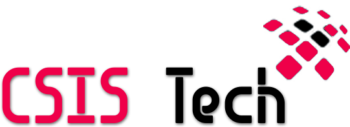What is Facial Acknowledgment?


Facial acknowledgment systems are a sub-field of AI innovation that can recognize individuals from photos as well as video-based upon an evaluation of their facial attributes. Today, face recognition systems are powered by deep knowing, a type of AI that runs by passing inputs via numerous piled layers of substitute nerve cells in order to process information. These semantic networks are trained on thousands and even countless instances of the kinds of issues the system is most likely to encounter, enabling the design to “learn” how to correctly recognize patterns from the data.
You can try face compare online free, to check how facial recognition works.
Facial acknowledgment systems use this method to separate particular features of a face that has been identified in a photo, like the distance between specific functions, the appearance of an individual’s skin, and even the thermal profile of a face, and contrast the resulting face account to various other known faces to identify the person.
Extensively, face recognition systems can be used to complete one of two different jobs: verification or recognition. Verification, likewise called 1:1 matching, is used to confirm that an individual is that they state they are. An instance of verification is when an individual utilizes their face to unlock their smartphone, indication right into a financial app, or validate their identification when boarding a plane.
A sample picture is taken from the face of a person while login, which is after that compared to a well-known picture of the individual they declare to be. Facial acknowledgment algorithms have a tendency to have excellent accuracy on confirmation jobs since the subject usually understands they are being checked as well as can position themselves to provide their electronic cameras a clear sight of their face.
Identification, also known as 1: N or 1: several matching, is when software takes an unknown face and contrasts it to a big database of known faces to establish the unidentified person’s identity. Recognition can be used on “participating” topics who recognize they are being checked, or “uncooperative” ones who do not.











